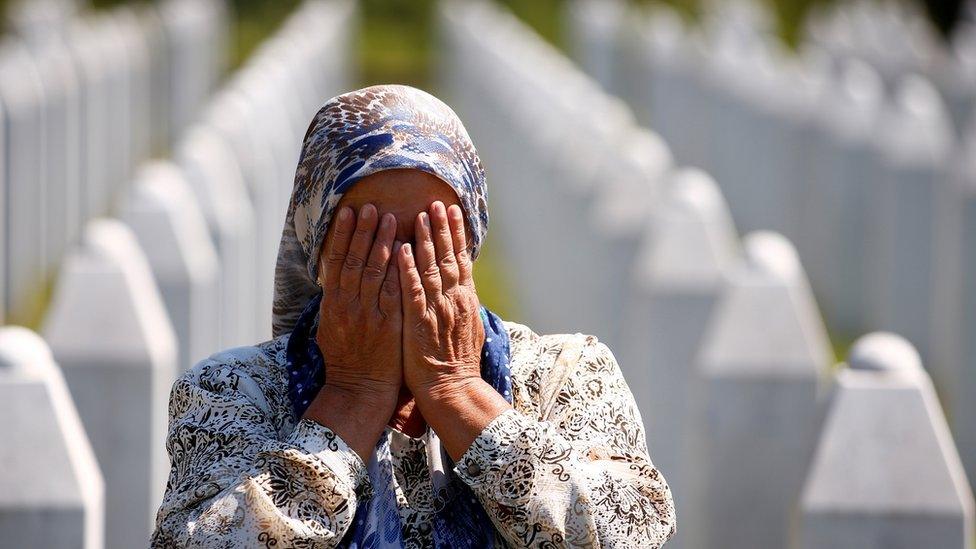Alicia Kearns in tears during massacre anniversary debate
- Published
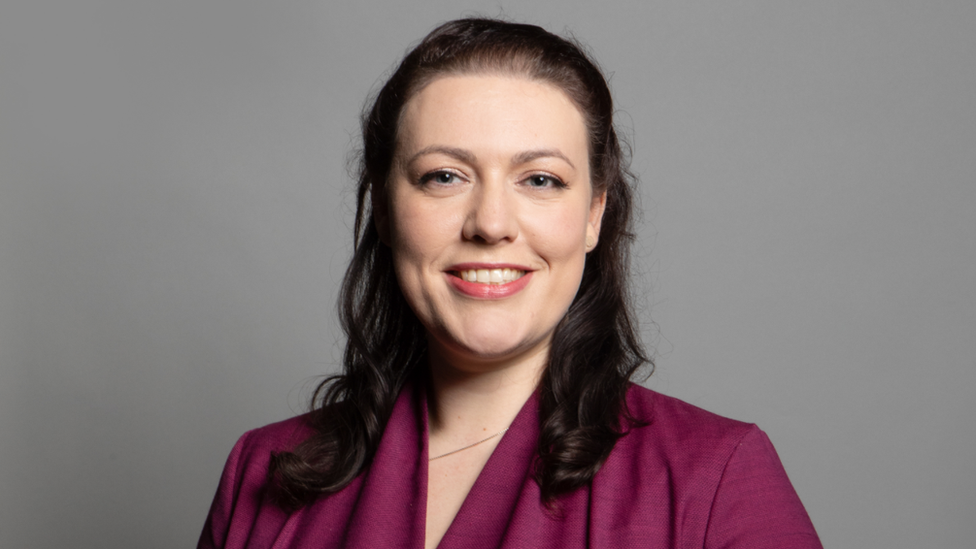
Alicia Kearns said Amir was shot by a Serb soldier when he was 13
A Leicestershire MP has paid tribute to a constituent's late husband during a Commons debate to mark the 27th anniversary of the Srebrenica massacre.
Alicia Kearns said she was "not ashamed of my tears" as she spoke of how Karen Packwood's husband Amir was shot during the Bosnian war when he was 13.
He received contaminated blood transfusions and died 25 years later.
His widow said it was important to tell Amir's story as genocide denial was on the rise.
The Bosnian war, from 1992 to 1995, came after the break-up of Yugoslavia unleashed nationalist violence and territorial ambitions that set Bosnian Serbs against the country's two other main ethnic factions - Croats and Bosnians.
The Srebrenica killings were the only episode of the conflict to be legally defined as genocide.
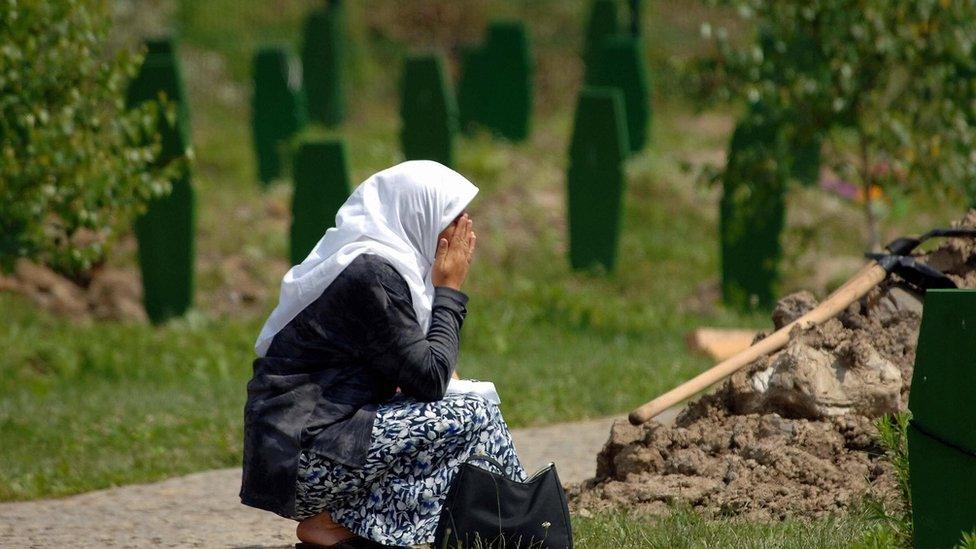
Bosnian Serb forces killed a total of 8,000 Muslim men in Srebrenica in 1995
Ms Kearns, MP for Rutland and Melton, who chairs the all-party parliamentary group on Bosnia, told MPs how Amir was shot by a Serb soldier.
"Amir cried out when he was shot to the soldier, 'I'm just a boy, I am not a soldier, why are you shooting me?'," she said.
"Suddenly Amir knew the answer, he was a male, and he was a Bosniak [a Bosnian ethnic group].
"This made him a target for annihilation because, according to the Serbs, he was not human.
"He did not deserve to live. He did not deserve a family, he did not deserve a future."
War 'doesn't end'
Ms Kearns said the transfusions that saved Amir's life at that time, ultimately killed him, making him another victim of the Bosnian war.
Ms Packwood, who was in the public gallery of the Commons, said: "The importance of telling Amir's story is the fact that genocide denial is on the rise.
"There are so many people that actually don't know exactly what happened in Bosnia, not just in Srebrenica, but in Bosnia in general.
"War doesn't end when some kind of peace treaty is declared for people that actually lived through the experience.
"They never, ever, ever recover from what happens to them."
Closing the debate, foreign office minister Graham Stuart said the current situation in the Balkans was "serious" and there was growing instability in the region.

Follow BBC East Midlands on Facebook, external, Twitter, external, or Instagram, external. Send your story ideas to eastmidsnews@bbc.co.uk, external.
Related topics
- Published19 June 2022
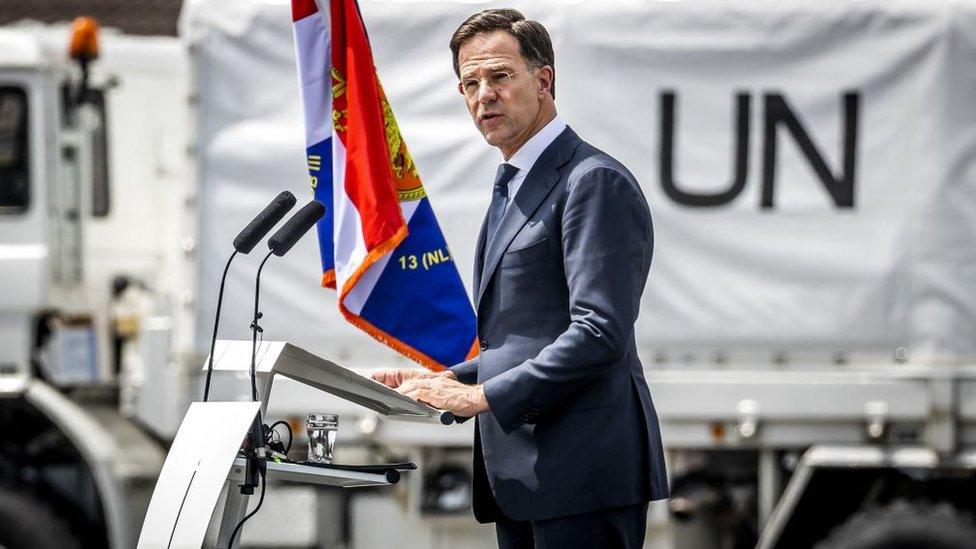
- Published12 May 2021
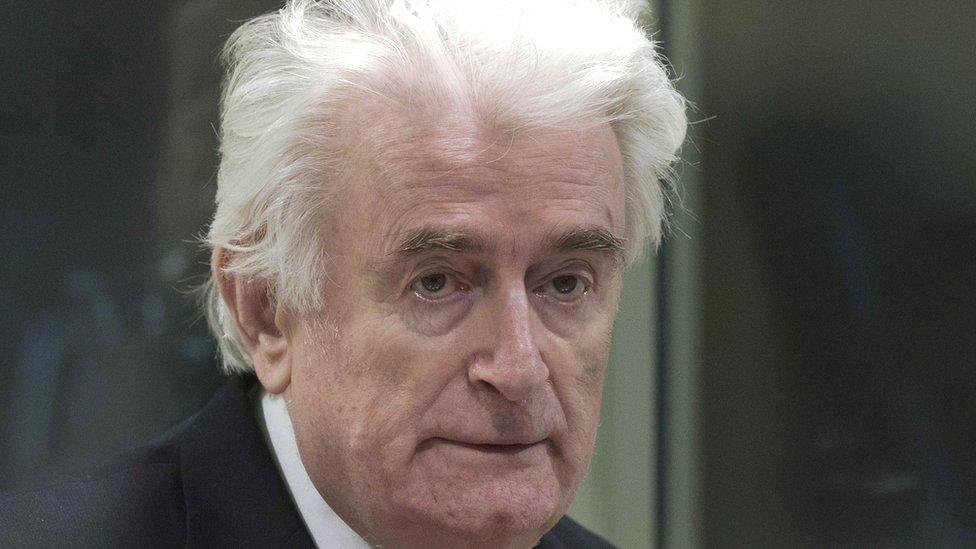
- Published11 July 2020
